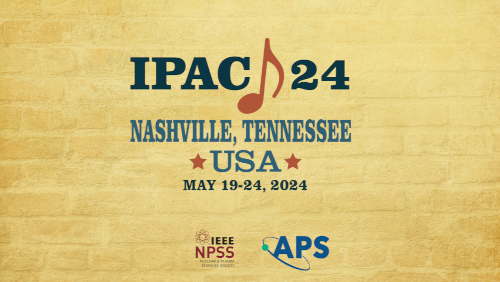Speaker
Description
Betatron radiation is a form of synchrotron radiation emitted by moving or accelerated electron or positron-like charged particles. As a valuable tool it can provide useful information about their trajectories, momentum and acceleration. It has good potential as a novel non-destructive diagnostic for laser-driven plasma wakefield acceleration (LWFA) and beam-driven plasma wakefield acceleration (PWFA).
Since information about the properties of the beam is encoded in the betatron radiation, measurements using the Maximum Likelihood Estimation (MLE) method, rich information about the beam parameters (beam spot size, emittance, charge, energy etc.) can be extracted. Machine learning (ML) techniques can then be applied to improve the accuracy of these measurements. It has already been observed that betatron radiation can give an insight into the change in plasma density.
The QUASAR Group, based at the Cockcroft Institute on Daresbury Sci-Tech campus, is planning to build on and expand an existing collaboration with UCLA and also to apply the technique for the AWAKE experiment at CERN. In this work, a hybrid ML-MLE approach is attempted to optimize the use of these diagnostics and obtain a deep insight into the beam’s parameters e.g. beam spot sizes where ML and MLE individually have their limitations.
Funding Agency
This work is supported by the AWAKE-UK phase II project funded by STFC under grant No. ST/X005208/1 and the STFC Cockcroft Institute core grant No. ST/V001612/1.
| Region represented | Europe |
|---|

